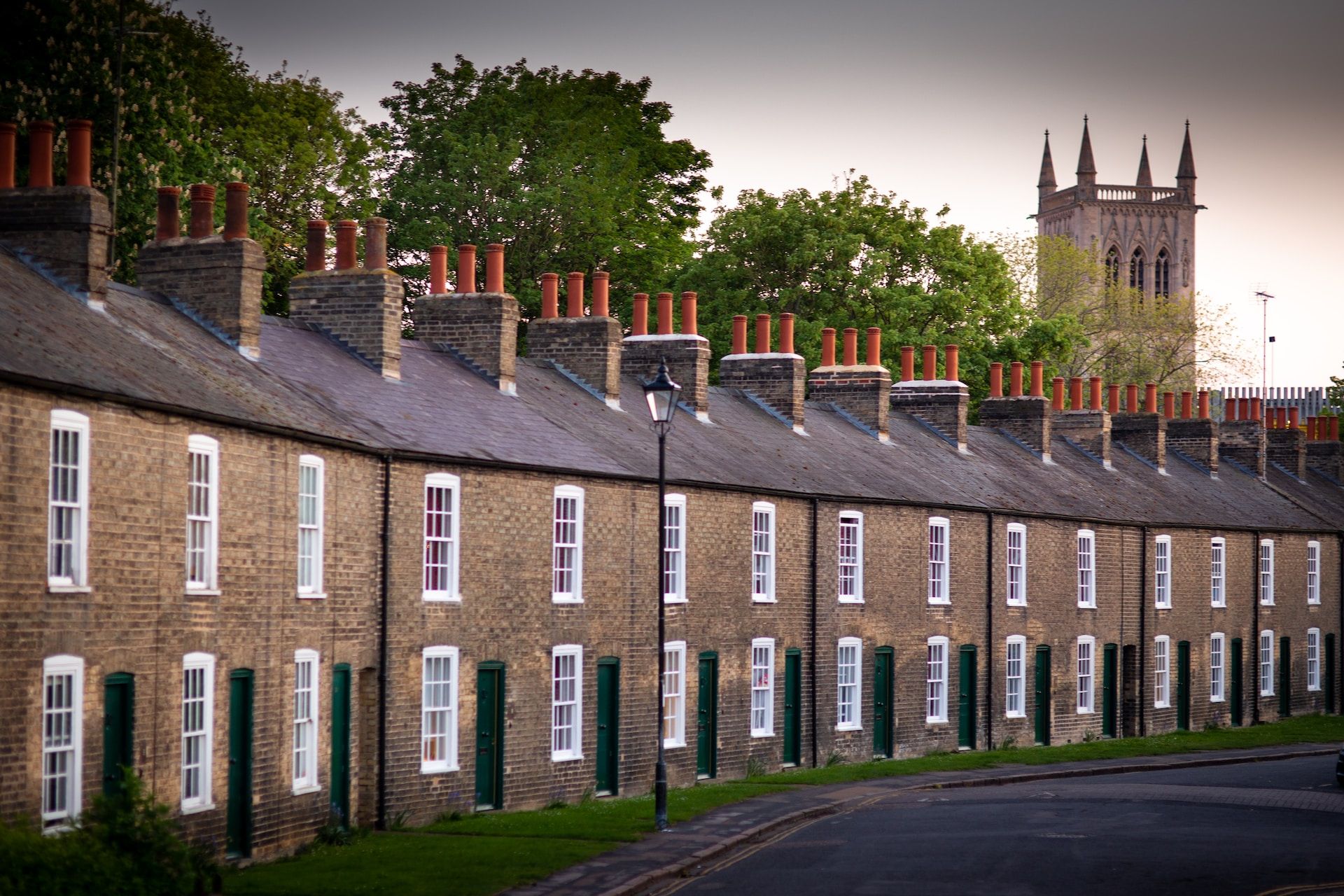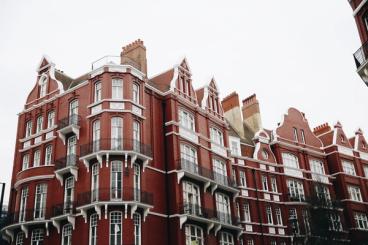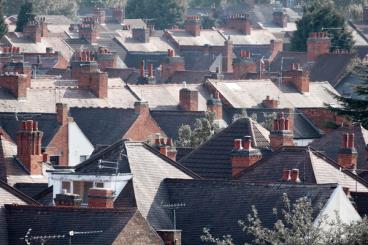What happens to house prices in a recession?
In recent years, the United Kingdom has experienced its fair share of economic swings, and with a value of over £10.7 trillion in May 2023, the UK housing market often comes under scrutiny during such periods. But how does an economic downturn impact one of the most significant investments you'll ever make?
What is a recession?
A recession refers to a significant decline in economic activity, typically characterized by a contraction in GDP, rising unemployment rates, and reduced consumer spending. It is a period of economic downturn that can have widespread impacts on businesses, individuals, and the overall economy.
How does a recession impact house prices?
In the midst of a recession, consumer confidence takes a hit, and the housing market feels its impact. As economic uncertainties loom, individuals become cautious about making substantial financial commitments – like buying a house. With demand decreasing, we often witness a downward trend in house prices during these periods. Recessions create an environment of uncertainty, and buying property requires a leap of faith that many are hesitant to take when the future appears uncertain.
What role do interest rates play?
Currently, the Bank of England is fighting a war against high inflation, a problem that cannot be solved overnight, and requires tough decision making. The Bank of England has raised the interest rate from just 0.1% in 2020 to a current value of 5.25%. A figure not seen since 2008, during the last financial crash.
Interest rates can be used as a tool to fight inflation by increasing them. When central banks raise interest rates, it becomes more expensive to borrow money, which reduces consumer spending and slows down economic growth. This, in turn, helps to curb inflationary pressures and maintain price stability in the economy. However, this causes a negative effect on existing homeowners who may be coming to the end of their fixed mortgage, and homeowners who cannot afford the monthly repayments at the new interest rate may be forced into a situation where they must sell their home.
What's happening to house prices now?
Nationwide Building Society recently revealed that in the year leading up to July 2023, house prices suffered a significant decline of 3.8% – the most substantial annual fall since 2009.
It is vital to acknowledge that the impact of a recession on house prices can vary across different regions within the United Kingdom. Several factors contribute to these variations, including local economic conditions, employment prospects, and housing supply-demand dynamics. For example, areas heavily reliant on industries adversely affected by the recession may experience more significant declines in house prices.
How can I find house prices for my area?
We've created an intuitive system pulling data from HM Land Registry data to allow you to easily view and share housing data for any region in the United Kingdom back to when records began. To get started, head to the prices page and view data for terraced housing, detached, semi-detached, or apartments and flats.
To conclude
Examining what happens to house prices in a recession provides valuable insights into the United Kingdom's housing market dynamics during challenging economic periods. While recessions generally exert downward pressure on property values due to decreased consumer confidence, the interplay of factors such as interest rates, government interventions, and regional variations further shape the outcomes. By staying informed and understanding these complexities, homeowners, buyers, and investors can navigate the ever-changing landscape of the housing market more effectively.





